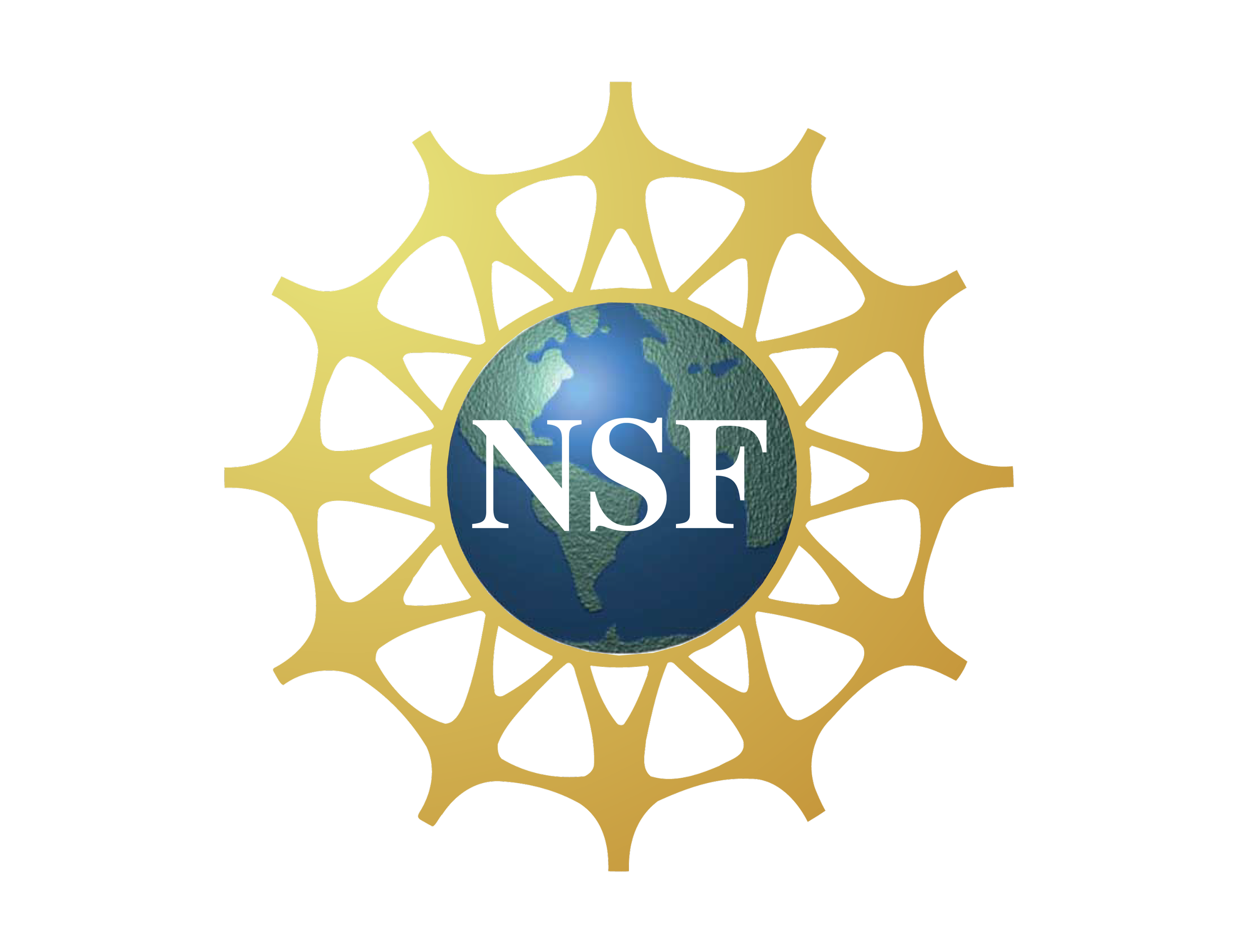Research Security and Integrity Information Sharing Analysis Organization (RSI-ISAO)
NSF, through the Office of the Chief of Research Security Strategy and Policy (OCRSSP), seeks to establish an independent Research Security and Integrity Information Sharing Analysis Organization (RSI-ISAO) to empower the U.S. research community (institutions of higher education (IHEs), non-profit research institutions, and small and medium-sized for-profit organizations) to address foreign government interference, support security-informed decision-making, and serve as a conduit that connects research community stakeholders with one another and with U.S. government (USG) agencies via NSF.
We invite proposals that articulate a vision and actionable plan for the RSI-ISAO that would build the capacity of the research community to make risk-informed decisions and create a trusted partnership between USG research-awarding agencies and the research communities they serve. We invite proposers to identify strategic objectives to accomplish this vision consistent with the requirements set out in Section 10338 of the CHIPS and Science Act of 2022 (Public Law 117-167), enacted on August 9, 2022 (CHIPS and Science Act).
Technology, Innovation and Partnerships U.S. National Science Foundation
NSF has advanced the full spectrum of fundamental research and education in all fields of science, technology, engineering and mathematics, or STEM, for more than 70 years — from foundational, curiosity-driven research that has led to new knowledge about our world, to use-inspired, solution-oriented research that has directly impacted people's everyday lives. At every stage, investments across this spectrum have been deeply intertwined. NSF's TIP Directorate doubles down on the agency's commitment to support use-inspired research and the translation of research results to the market and society. In doing so, the new directorate strengthens the intense interplay between foundational and use-inspired work, enhancing the full cycle of discovery and innovation.
Opportunity for Active EFRI, ERC and IUCRC Awardees to Apply for Supplemental Funding through the Research Experience and Mentoring (REM) Program
The REM Program supports the active involvement of research participants (high school students, STEM teachers, guidance counselors and academic advisors, undergraduate STEM students, faculty, and veterans) in hands-on research to bring participants into collaboration with suitable STEM mentors and expose them to a rich research experience. Research participants must be recruited as cohorts to facilitate mentoring and research activities, community building, and provide mutual support. NSF encourages EFRI-, ERC-, and IUCRC-supported researchers to create structured mentored research opportunities for high school students, STEM teachers, guidance counselors and academic advisors, undergraduate STEM students, faculty, and veterans who may not otherwise become engaged in a research project, and to utilize the contributions and talents of these participants to make further progress toward research goals. Research experiences and mentorship have been positively correlated with STEM trainee success
AFRL team works to boost number of advanced STEM degrees
AFRL team works to boost number of advanced STEM degrees
Robotics Education & Competition Foundation
The Robotics Education & Competition Foundation exists to connect students, mentors, and schools in every community to a variety of successful and engaging technology-based programs.





